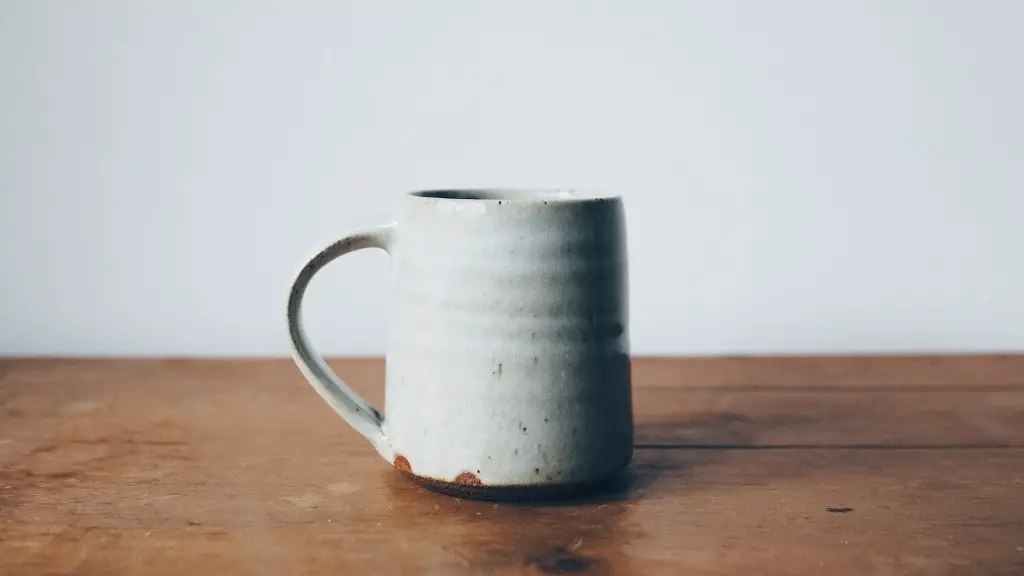Main Topic: Does Drinking Coffee Before Bed Keep You Awake?
For busy professionals and students alike, coffee is a go-to for days when sleep has been lost, energy needs a boost, or concentration is required. In some cases, individuals consume coffee right before bed. But does drinking coffee before bed keep you awake and affect your quality of sleep?
A range of studies point to the fact that caffeine can have a disrupting effect on sleep. Led by sleep research expert Dr. Charles Czeisler and published in the Journal of Clinical Sleep Medicine, one study found that drinking coffee prior to bed delays the time it takes an individual to fall asleep, reduces their total sleep time, and reduces the time spent in REM restorative sleep.
For those who have a challenge with insomnia, such an effect of drinking coffee at night can further complicate their sleep troubles. A study by the University of Milan looked at the effects of caffeine consumption among those with insomnia. They identified that those who consume coffee before bed experienced more difficulty sleeping and experienced a significantly lower quality of sleep.
In circumstances where an individual must stay awake at times where the body naturally desires sleep, caffeine can provide the much-needed energy and alertness to stay awake and finish tasks. Some studies suggest that consuming coffee no later than 6 hours before bedtime can reduce its disrupting effects. In this way, caffeine can provide the desired result with fewer compromises.
It is important to note that sleep patterns are as individual as the person. Different individuals require different amounts of sleep and what works for one person may not be a suitable solution for another. Individuals should pay attention to their own body’s sleep cycle and look closely at the effects that consuming coffee before bed have on their sleep.
Coffee’s Long-Term Impact on Sleep
In some cases, a lack of sleep can lead to a cycle of consuming more caffeinated beverages and sleeping less. To break this cycle, it is essential to pay close attention to your body’s sleep needs and think consciously (and creatively) about how to improve nighttime routines to get the best rest possible.
Looking to the long-term, consuming coffee too late into the day, or too close to bedtime, can have a negative effect on your sleeping cycle. It can reduce the quality and quantity of sleep experienced, with subsequent effects on energy levels, alertness, focus, and overall performance during the day.
Caffeine is a double-edged sword: too much can lead to experiencing unrefreshed wakefulness. However, moderate consumption can have a positive effect, leading to improved focus and alertness. As with all positive habits, there is a balance between caffeine consumption and the amount of rest that is needed after its effects wear off.
Effects of Brewing Coffee at Night
Whilst there is scientific evidence to support the notion that caffeine can have a negative effect on sleep, there are other considerations. Research has found that even brewing coffee starts the countdown of its stimulating effects. This means that those who can’t resist having their morning cup will need to pay close attention to the timing of it and start their countdown in order to optimise the wakeful effects.
In this way, it is possible to reap the benefits of caffeine during the day and avoid the repercussions of drinking coffee later in the evening. In order to stay awake and alert, the body needs rest and balancing the two will enable an individual to stay on course when it comes to staying productive and keeping up energy levels during the day, with fewer distractions from a lack of rest.
It is important to bear in mind that the effects of consuming coffee (or any other caffeinated beverage, for that matter) are different for everyone. Although some people may just be able to get away with drinking a cup of coffee right before bed and still have adequate sleep quantity and quality, others have to pay close attention to the timing in order to be able to benefit from its stimulating effects.
Effects of Natural Supplements at Night
In some cases, individuals may look to natural supplements to increase their energy levels and reduce the need for coffee and other caffeine-containing beverages. Such natural supplements may include special teas, vitamins, or roots that have been found to improve an individual’s health. But as with all drugs, natural or otherwise, it’s important to pay close attention to the timing of their consumption.
Although natural supplements can provide wakeful and energising effects during the day, their consumption right before bedtime can also have a negative effect on sleep. For this reason, it is advisable to take natural supplements as suggested by health professionals and professional trainers, not just on an empty stomach, but also a couple of hours before bedtime.
Just like coffee, the correct timing of these supplements can mean the difference between a restful night’s sleep and a day lacking in focus or motivation. By carefully managing the timing of natural supplements, an individual can reap the benefits of their energizing effects during the day, maintaining immunity and strength.
Effects on Caffeine Withdrawal and Metabolism
As with any kind of intake, it is essential to pay attention to the body’s response. Drinking coffee or any other caffeine-containing beverage too close to bedtime has the potential to affect metabolism and the body’s natural alertness. In doing so, it can even lead to caffeine withdrawal and withdrawal-like symptoms such as headaches and fatigue.
To avoid unwanted side effects, it is important to listen to the body and be mindful there are consequences of consuming coffee, or any other caffeinated beverage close to bedtime. Overconsumption of coffee has the potential to upend sleep patterns and therefore derail the body’s natural rhythm.
If an individual is tired and looking for energy late in the day, it is best to take a break and grab a nap, even if it’s just for a few minutes. Or, look for natural remedies for alertness, such as walnuts or almonds before bedtime. When accompanied by a cooling shower or a cup of soothing chamomile tea, these activities can be the perfect way to stay alert and body at its most productive.
Effect of Alcohol on Caffeine Before Bed
It is also important to pay attention to any other elements present in late-night consumption, such as alcohol. Alcohol consumption is known to disrupt sleep and when combined with caffeine right before bedtime it can have a detrimental effect on sleep quality, not to mention other negative effects to the body.
For those living a hectic lifestyle, it is easy to overdo it with caffeine and alcohol. If the body starts showing signs of the effects of both of these, it is important to begin by controlling the caffeine intake. Give the body time to recover and get back to its natural balance in order to get back on track with sleep and performance.
Rethinking Energy Intake at Night
The effects of drinking coffee late at night vary from one individual to another, but it is important to be mindful of the effects that it can bring. To make sure energy lacks during the day are not remedied by consuming caffeine too late in the day it is best to rethink energy intake at night.
When energy levels start to fall it is best to assess the day’s activities, determine when best to take a break or nap, and to use natural remedies such as nuts, roots, and vitamins not only to refuel, but also to keep an eye on the timing of consumption for optimum energy and maintenance of natural alertness.
The Effect of Exercise on Reducing Coffee Intake at Later in the Day
Although caffeine can act as a stimulant, it is in fact a form of false energy, which eventually can lead to its own set of problems. To reduce the reliance on coffee to stay awake and alert, it is advisable to look to other habits which promote and encourage natural energy, such as physical exercise.
A well-known fact is that regular exercise helps people to sleep and can reduce the need for outside stimulation. Therefore, by getting the body moving during the day, it is possible to reduce the need for coffee and its associated effects. In addition, it is important to utilise natural resources, such as the sun’s exposure, to help the body adjust to its own natural rhythm during the day.
Conclusion and Summary
Undoubtedly, coffee is an amazing energy source during the day. However, as with anything, it needs to be consumed in moderation with close attention to the timing. If coffee is consumed too late in the day, it can have a detrimental effect on sleep, reducing quality and quantity. To prevent this, it is important to use alternatives, such as natural supplements and exercise to boost the body’s natural rhythm and to lessen the need for false energy sources at night.





